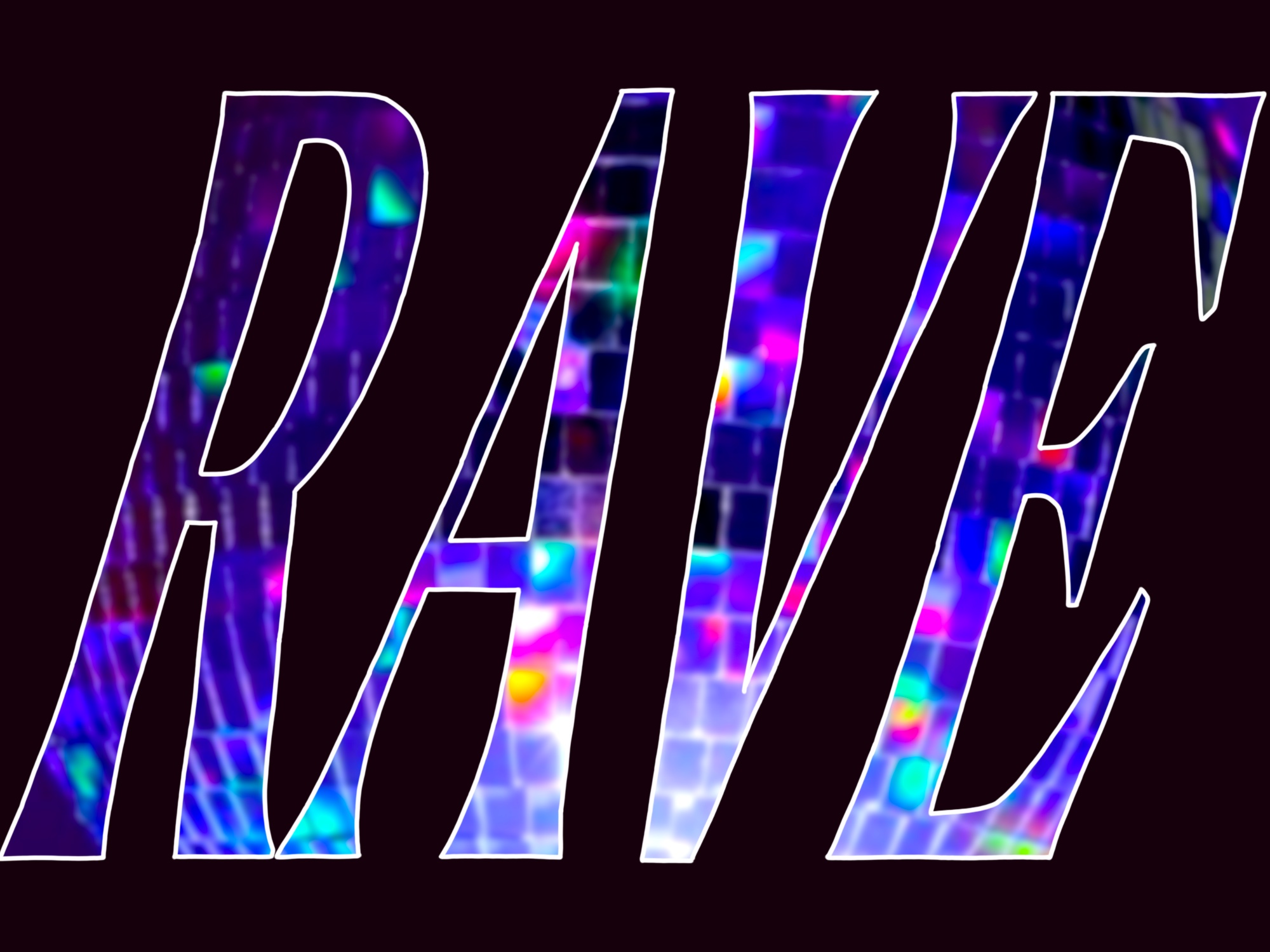Boston has never been known for its party scene.
With its historical roots digging deep into the soil of the city, it still holds ancient values at bay. The city notoriously closes at 2:00 a.m., and partygoers are usually home by 3:00 a.m.

Very few late night options exist in the city, and some are so frequently visited that even mentioning the names can elicit groans of disgust and anguish to those listening — I’m looking at you, Tavern in the Square.
In my opinion, the worst offense of most partying scenes is the treatment of minorities and the LGBTQ+ community. There is little representation or acceptance of these groups in major clubs and bars across the city.
I’ve found clubbing to be unwelcoming in Boston. The next time you go, take a look at the different faces of the people who linger off to the sides, awkwardly darting their eyes while clutching $15 cocktails, while everyone else jumps in the middle of sticky dance floors to mainstream music that you’ve heard countless times before.
Beyond mere exclusion, these places can actually be unsafe.
In one situation, friends of mine were dancing at a club. A group of white men had started to push into our group. We hadn’t reacted, but security noticed the rising voices and stepped in. After we explained the situation, we were the ones to be kicked out of the club — not the men who had instigated the situation.
The only times when I have experienced precarious and potentially dangerous situations have been in downtown Boston clubs. While I don’t blame the clubs for their issues, they do enforce a culture that promotes wealthy privileged white voices over those of color.
By criticizing this subset of late-night places, I don’t discount the value that bars bring to the city. Boston’s pubs have become synonymous with the identity of the city. Bars can bring a lot of enjoyment to partiers, especially when you have a group of friends who are happy to kick back and catch up. But not all bars welcome those who don’t drink regularly, and they can be nests for peer pressure and unwelcoming advances depending on the environment.
The next time you’re thinking about what to do on a night out, look past the generic options. Instead, there’s something beautiful waiting for you on the dance floors of Boston’s rave scene.
I’ve found a home in the intricate and exciting culture of raves in the city. Raves have long been associated with larger cities with more iconic underground scenes and histories like Chicago, Detroit and New York. But they’ve long overshadowed burgeoning communities on the outskirts.
Now, it’s hard to sell people on raves’ music choices. I get it, house and techno are not for everyone. In fact, I’m not a regular listener of those genres, but you don’t have to like the music to have fun.
The music, driven by rhythm, triggers some deep primal instinct to bounce along. The beat regularly strips people of their egos. When a whole crowd is bouncing along with the music, nobody has the capability to cast judgment in any way.
Raves welcome diversity and personalities in a way no other late night spaces in the city do.
Raves are engaging and electrifying. They’re one of few places that welcome people who don’t use drugs or alcohol — I’m 23 years old and I have more fun raving sober.
They aren’t a foreign concept to Boston — the rave scene is a distant cousin to the punk and hardcore scenes. Boston was a pioneer of the “straight edge” scene of the early 1980s. Some of the remnants of straight edge have carried over into different underground scenes in the city including the rave scene.
The best part, above everything else, is that most of the DJs that lead the scene are women and nonbinary people. It’s gratifying to find representation in the spaces that you occupy, and rarely are women or nonbinary people elevated to such a status.
Raves give people the rare opportunity to fully embrace themselves in a way that no other place does. You can be the person you want to be, and maybe the person you forgot you were.
Since I’ve been introduced to the rave scene, I’ve found a place for myself despite my insecurities. I’ve gotten into the habit of dancing with my eyes closed — it’s the only place I’ve ever felt safe enough to close them.
No matter how different you are, you can connect with anyone there. Just let the music do the talking.















































































































GC • Apr 20, 2024 at 8:24 pm
I really appreciated this read and agree with you – sober dancing is underrated! Something about the beat of house and techno music strips you of self-consciousness and fear in a way that mainstream club/bar music doesn’t. And don’t get me started on feeling unsafe or unrecognized in mainly straight spaces. Thanks for your take.